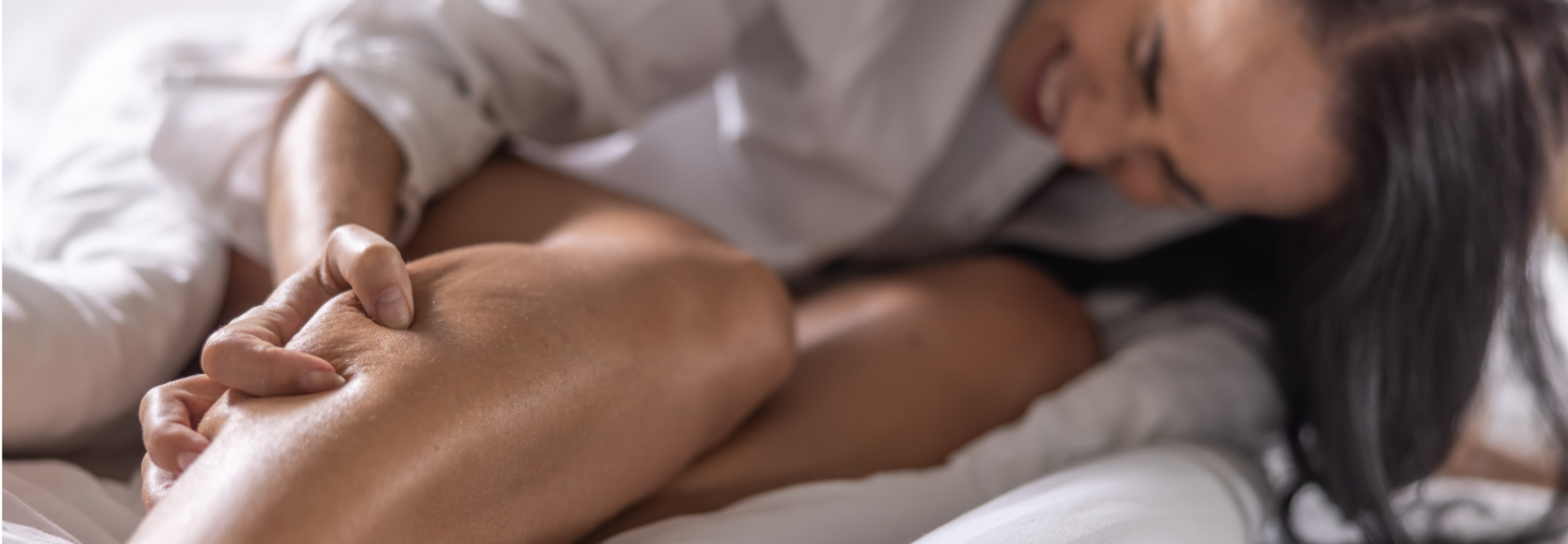Getting Sudden Muscle Spasms At Night? Blame It On Charley Horse

Muscle spasm at night
SummaryEver felt that sudden muscle spasm in your calf in the middle of the night? Here is all about the causes of this sudden pain.
End of Article

Muscle spasm at night